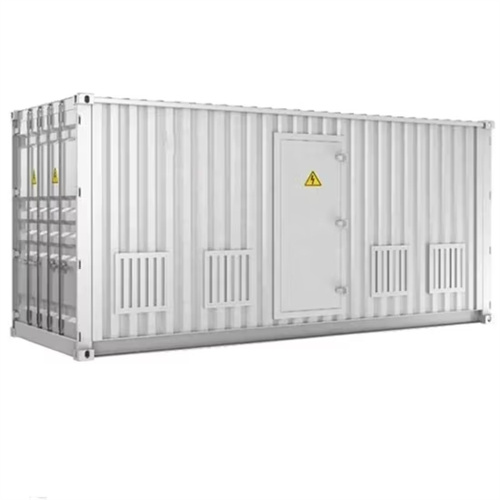About Can tantalum capacitors store electricity
A tantalum electrolytic capacitoris an , a passive component of . It consists of a pellet of porousmetal as an , covered by an insulating oxide layer that forms the dielectric, surrounded by liquid or solid electrolyte as a . Because of its very thin and relatively highdielectric layer, the tantalum capacitor distinguish. Tantalum capacitors have a low leakage current, so they can store and regulate electrical energy without wasting power. This makes them suitable for battery-powered devices and helps extend the device’s battery life.
As the photovoltaic (PV) industry continues to evolve, advancements in Can tantalum capacitors store electricity have become critical to optimizing the utilization of renewable energy sources. From innovative battery technologies to intelligent energy management systems, these solutions are transforming the way we store and distribute solar-generated electricity.
When you're looking for the latest and most efficient Can tantalum capacitors store electricity for your PV project, our website offers a comprehensive selection of cutting-edge products designed to meet your specific requirements. Whether you're a renewable energy developer, utility company, or commercial enterprise looking to reduce your carbon footprint, we have the solutions to help you harness the full potential of solar energy.
By interacting with our online customer service, you'll gain a deep understanding of the various Can tantalum capacitors store electricity featured in our extensive catalog, such as high-efficiency storage batteries and intelligent energy management systems, and how they work together to provide a stable and reliable power supply for your PV projects.
Related Contents
- Can capacitors store electricity
- Inductors also store energy like capacitors
- Capacitors store energy
- Can transformer capacitors store energy
- How do flat capacitors store energy
- Will large capacitors store energy
- How long can ceramic capacitors store energy
- Can film capacitors store energy principle
- What type of physics capacitors store energy
- Why capacitors store little energy
- How do electrolytic capacitors store energy
- Can oil store electricity


